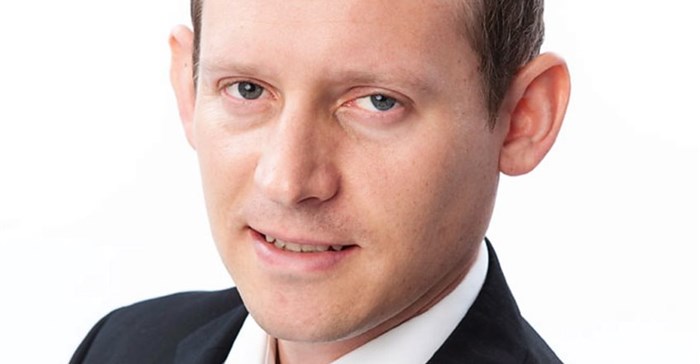The case for IMF funding is not clear cut

However, as the world faces the unprecedented financial impact of the pandemic, the argument against approaching the IMF needs to be carefully considered. who says that the investor community would probably welcome some conditionality imposed by the IMF given the government’s well-publicised difficulties in implementing growth-enhancing reforms and achieving fiscal sustainability.
Prior to the Covid-19 crisis, South Africa would not have been a poster child for IMF support given that the government mostly borrows locally in rands. However, government will now have to borrow much more now and at substantially higher interest rates due to massive capital flight out of emerging markets.
Even without conditions, assistance from the IMF is also likely to be seen as positive by global investors, and may not be an altogether inconceivable option in this time of crisis.
The IMF has said that it can potentially lend out as much as $1trn in total through its various funding facilities. The repayment rate will be linked to the special drawing right (SDR) interest rate, which is currently 0.08% — a source of funding that is much cheaper than what is now available to South Africa on the open market.
The primary source of opposition to this idea is the perceived loss of national sovereignty that comes with accepting the conditionality of a loan from the organisation.
Loan from Brics Bank
The government has already secured a $1bn loan from the Brics New Development Bank (NDB). Since South Africa founded the NDB along with its Brics partners, this loan comes with much less political baggage, but it also has less firepower.
According to the IMF, typically, before lending to any country, the said government and the organisation must agree on a programme of economic policies. A country’s commitment to undertake specific policy actions, known as policy conditionality, is, in most cases an integral part of IMF lending. However, some of the IMF’s lending facilities are unconditional.
It’s hard to imagine that the IMF would attach overly punitive conditions to any loan given the Covid-19 pandemic, but it could, for example, insist that the money is used for public health or specific economic support measures, rather than funding the broader deficit.
These terms seek to ensure the long-term sustainability of the loan and tend to guard against wasteful government spending, too much borrowing in hard currency and lack of export diversification, among other conditions which could be attractive to investors.
Ideological hostility
In South Africa and many developing countries, opposition to working with the IMF is partly ideological hostility to the Washington Consensus policy paradigm of deregulation, fiscal austerity, and market liberalisation.
Many critics saw the Structural Adjustment Programmes imposed by the IMF on many countries in the aftermath of the debt crises of the 1980s and 1990s as hurting the most vulnerable members of society, increasing inequality and serving capital at the expense of workers.
However, the IMF of today is much less ideologically rigid than it used to be and has even won the praise of one of its arch-critics, Joe Stiglitz, the Nobel Prize-winner and former World Bank chief economist, suggesting the Washington Consensus is long gone, and the body is much more pragmatic.
In conclusion, the case for IMF funding is not clear cut, and that there may in fact be benefits to the South Africa’s investment outlook should this option be engaged with due consideration.































